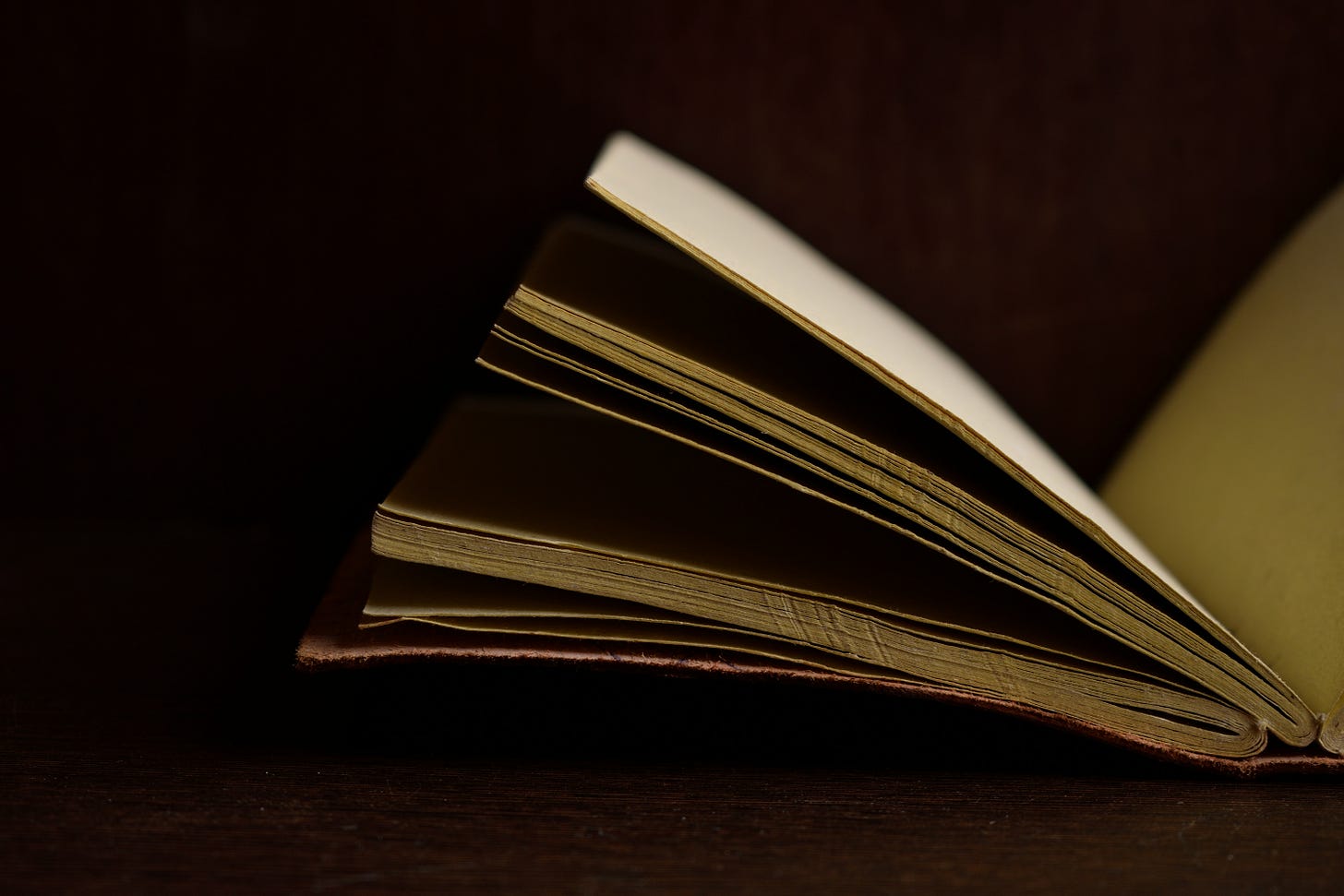
Once upon a time, singers used to tour far and wide in unforgivable weather, and sing. Not pout in front of the mic. Not make cute faces either. Not count dance steps either. Just play music and sing like the sky i…
Keep reading with a 7-day free trial
Subscribe to Shaktian Space to keep reading this post and get 7 days of free access to the full post archives.


